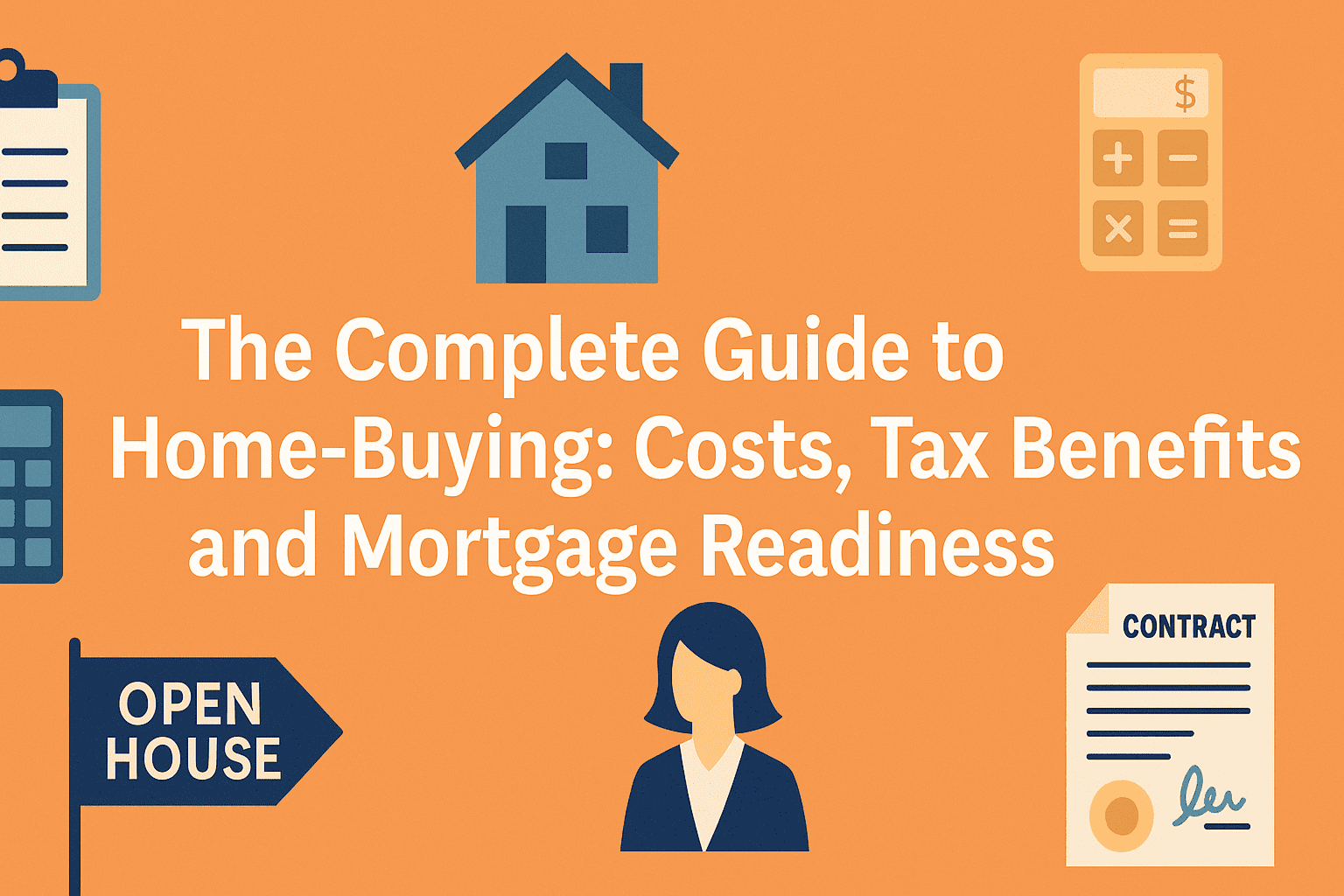Last updated on May 5th, 2023 at 04:25 pm
Stop. Do not use your 401(k) to feel good about investing in climate change or “sustainable investing”. Your 401(k) is all about the future. You should have only one goal for your 401(k) fund and that is to maximize the return on your invested capital and nothing else. ESG is not based on financial returns.
What are ESG funds?
What are ESG funds you ask? It’s unlikely you have heard of them yet they are the shiny brass ring now. Environment-Social-Governance funds are created by various investment companies as a way of increasing their profit at your expense. They want you to feel good about investing in companies that want a green world.
At present most of these funds made up of stocks and bonds are being sold at a premium because it seems everyone wants to feel good. This rush headlong into these funds without any research is pushing up their price and increasing profits for the financial community.
Recently ESG funds and ESG investing which are intended to make people feel good about supporting socially responsible investing may set back your 401(k) plans. It’s a fact, top money managers agree that based on the results of sustainable funds and ESG investments, the returns are significantly lower than for the overall market.
Environment – Social – Governance
ESG a concept that requires companies to subscribe to a list of environmental and social requirements such as reducing carbon emissions and many more restrictions on how the company goes to market.
Before I get into the details let’s talk about your choices. You can take a hit on the performance of your 401(k) by investing in anything other than the best funds and stocks available or you can knowingly allow a lower return. I suggest that if you develop a fit of conscience you are not doing enough to shut down fossil fuel companies. You can simply donate to your favorite cause. This way you can control the amount you give to the climate warriors.
Donate to your favorite ESG cause
You may decide to send $500 to your favorite global warming cause. Now you know that you have spent $500 and you can use your money to make more money. If you decide to buy into a fund with an ESG label, you will not know how much you have lost until you compare year-over-year returns. ESG ratings are coming in at about 20% less than the general market.
If you had a $50,000 invested fund with ESG considerations and the market return was for example 7% for a year, your return would be $3,500. That’s the best return. Now compare to the funds you invested in with ESG factors at a 20% lower return. That’s a reduction of $700. If you had donated $500 one time, you would have $200 to keep invested. Never confuse ESG with 401(k) returns.
Consider what that higher amount would return in 30 years. Most fund managers believe that using ESG as a criterion to invest is destructive to your portfolio. Most ESG companies are poor performers. Some will not survive the competition and without government, support may fail anyway. Few ESG companies would find their way into your 401(k) plan without being part of an ESG plan.
Typical ESG Requirements for Companies to be Certified
-
Environmental:
- Adopting sustainable business practices to minimize the company’s impact on the environment
- Reducing carbon emissions and increasing energy efficiency
- Managing waste and pollution responsibly
- Addressing climate change risks and opportunities
- Reporting on environmental performance and impact
-
Social:
- Respecting human rights and avoiding forced labor and child labor
- Promoting diversity, equity, and inclusion in the workplace
- Ensuring fair labor practices, including fair pay and benefits
- Supporting local communities through corporate social responsibility programs
- Addressing social issues such as inequality, poverty, and access to education and healthcare
-
Governance:
- Ensuring ethical and transparent business practices
- Maintaining effective risk management and compliance systems
- Establishing independent and diverse board of directors
- Ensuring accountability and oversight of executive compensation
- Ensuring responsible shareholder engagement and transparent communication with stakeholders
President Biden has been supporting rules that would allow ESG investing in 401(k) portfolios. The problem with this is that your plan administrator has to operate under existing federal law to act with a fiduciary duty to offer only funds that will likely perform well. If the Biden administration rule goes into effect, it will break down the fiduciary requirement in existing law.
Social Issues
Companies take into consideration a wide variety of factors including some of the “social” issues listed above. Many companies donate funds to local churches, schools, and causes as a matter of course because their employees live there. When it comes to diversity, equity, and inclusion this is when the focus on productivity and profitability diverges with social promotion.
Governments are responsible for inequality, poverty, and access to healthcare and education. The ESG movement wants businesses to take on this responsibility. While many do in some measure such as building a water treatment plant that they share with the locals, it is not the responsibility of a company to replace the government.
During my many decades as both a business owner and an employee of large corporations, never once have I seen a company decide that it was the local government. The tax revenue that local, state, and national governments make from companies must be a major factor in the improvement of social standards. Of course, when the government does not wisely spend these taxes on the issues listed above, it is not fair for the shareholders to step up again and pay the bill.
My company did not once create a burden on the community
Also during my years as CEO of a national company, not once did my company create a burden on the community for improper disposal, etc. I was in the hazardous waste business and in fact, we shipped for recycling not destroying any items that could be recycled. We removed the burden from households rather than creating one.
My employees were all paid well above the minimum wage. I would and did, hire men, women, various ethnicities, and people from other countries here legally because they were the best for the job.
Tell me how my successful company that did so much good using only the most qualified employees was not good for the economy and environment.
Without a doubt, companies should do no harm where they operate. By being responsible for their own waste etc., they prevent a burden on the taxpayers. Companies are already compelled by law to do everything listed under Environmental so what has changed?
The ESG Bible
Download this pdf document here
Governance
Under Governance, the new twist is to have a “diverse” board of directors. Funny how that was slipped in there. Rather than appointing boards with the most qualified people who can add to the business, these ESG companies must look to the color of their skin, national origin, and a myriad of other things that have zero to do with the performance of the company.

Funny, the very companies that supposedly embrace ESG have some of the highest-paid CEOs. That item about executive compensation seems to have been ignored. I agree any company that is created and owned by executives should have the right to pay themselves what they desire.
When the company is owned by the public and not the managers, it seems inappropriate to reward managers for doing a job that would be less than what they could do without all of the Woke policies they have put in place to support their position in the ESG world. How about the millions of dollars they spend hiring people just to be sure they are hiring the wrong people or in their opinion the right people?
When these executives take multi-millions of dollars home it is clear that no one is paying attention. The boards are stuffed with yes people and shareholders rarely step up to fix the problem of overpayment of these average at best executives.
401k plans have replaced defined benefit plans (pensions)
Workplace retirement plans have replaced defined benefit pension plans for most Americans. The point of your retirement funds is to support you during those years after you leave your career or full-time employment. Social Security was not created to support people, just to act as a supplemental benefit. The fact is that the average Social Security benefit today will just about pay the rent or mortgage payment for only some people.
Without your 401(k), Roth, or IRA, you will find yourself requiring support from family and friends. These are cold hard facts that millions of Americans are facing. After years of taking funds out of their individual retirement account to fund vacations and other items, many are left with little to live on. The last thing you need is to lose potential income in your 401(k) because you invested in ESG funds.
Class Action Litigation is a matter of time for Fiduciaries who embrace ESG. Watch for law suits that you can join if your Fiduciary offers ESG plans in your 401(k) plan.
ESG is not only dangerous for your own 401(k) plan, see what it did for Bud Lite when it backfired. If you had owned their stock in your ESG plan you would have seen a reduction in value.
A lower return or higher cost for ESG, your choice
What can make matters worse is if you invested in “sustainable investment” options that paid a much lower return. There are lots of terms being thrown around all intended to fool you into making poor investment decisions. “Ethical investing, Environmentally Responsible Funds, Sustainable Options, and others are new names for investing in companies that are interested in social change.
According to some studies, ESG funds were up to 20% more costly to acquire. This translates into a reduction in return on invested capital when compared to other choices in the same sector. A Charles Schwab study indicated that ESG funds have ranked near the middle of their peer groups regarding returns.
More facts
In an article released in the Harvard Business Review, a study by Columbia University and the London School of Economics compared the ESG record of U.S. Companies in 147 ESG fund portfolios. They found that these companies had a WORSE compliance record for labor and environmental rules than companies in general.
Meaning that just because these companies are waving the ESG flag, they are paying lip service to actions. Another point that the article above has made is that companies “of their own accord” should be paying attention to the employee, customer, community, and environmental interests. Exactly what I have always believed. They say that on this basis, setting ESG targets may actually distort discussion-making.
Another factor that makes investing in ESG funds a risk is that many of these companies rely on cheap money and government help. With higher interest rates investors want less risk and so these companies will find it more difficult to raise capital. A great article in Forbes Advisor lays out the concept. An article in the Wall Street Journal “ESG does neither much good nor very well” emphasizes what many of the other authoritative articles have said.

Solyndra, how can we forget
Remember Solyndra? This was a company created to develop solar panels. More than $500,000,000 of your taxpayer funds helped support this company which eventually closed down to a tremendous loss to investors and you. In recent years, this ESG trend among companies to focus on things other than profit is having an impact on shareholder returns. Many of these companies are not doing as well as companies attempting to beat the stock market indexes.
Not all companies that are focused on ESG to the detriment of their shareholders are start-ups. Coca-Cola and some big companies have gone Woke. These ESG efforts will affect their bottom line but not close them down as Solyndra did. It’s just that taking their eye off the ball (profits) to gain favor with the news media and politicians will affect returns to shareholders.
Consider this, if you become one of those ESG investors and you will earn an average of 20% less return on your invested capital. Imagine you are 75 years old and your electric car battery fails, you need $15,000 to buy a new one. That additional 20% could have possibly purchased that battery. All of those good deeds you did for someone else when you were younger will not benefit you as you age.
You have so many choices to invest in
Your asset manager should implement a selection of equities and other choices that are designed to produce the maximum return for you. That does not mean you do not have choices. Say you do not want to invest in tobacco companies because you think smoking is bad.
Those companies may be returning above-average income so you sell them. That’s ok because you can find others that are equal to or better than that one stock.
There are many choices in funds, stocks, and other equities including money market funds. As long as your investment choices include the best of equities and funds, you can still have a say in what they are invested in. This is a big difference from investing in such funds that are focused on social issues and not profits. The difference has a major financial benefit to you.
Don’t accept the old argument that you can balance poor individual stocks or mutual funds with higher performers. If you have a good unbiased, fiduciary financial advisor that person will tell you how to get the best from your funds.
Consider your options when rolling over a 401k fund
I started out discussing your 401(k) fund which is sacred but the same issues discussed above reflect financial returns on IRAs and Roth IRAs as well. The difference is that when you roll over your 401k fund after retirement to an IRA, those funds are usually self-directed. At that point, you and your financial advisor will be selecting the best investments and avoiding the ESG criteria.
My concern is for the long term. If investment managers are permitted or in fact encouraged to consider ESG issues when selecting funds available for their clients, they will push some ESG standards in. Years ago when I owned my own company, I spent time meeting with employees about the company 401k plan. Even after fully explaining how it works, many could not digest even a simple explanation.
Over the years employees would come to me about their selections. The good thing then was that the retirement savings plan had a variety of investment options based on obtaining the best returns with the lowest risk. Many people would use the target-date funds because they did not understand how to make other selections.
401(k) holders will not know they are investing in ESG
Sometimes when the market would go bad, they would sell at the bottom, not understanding that the market would come back. This is my fear that when and if ESG funds are inserted into plan investments, 401(k) holders will not know if they made a bad decision. Most people do not know which companies are included in the plan selections of funds anyway.
The new investment product will be added probably with fanfare required by the company under pressure from the government. Employees will be unduly swayed towards the funds as “responsible investments”. I doubt there will be any discussion about potential downsides. It’s funny, the typical statement from fund advisors is that past performance is no indicator of future performance. That’s true and even more so for many ESG funds whose past performance has not been great.
Regardless of what political persuasion you are, money is not a person and should not be politicized. In fact, the whole ESG movement is about just that. House Republicans are opposed to permitting a waiver of fiduciary responsibility by adding ESG funds to 401(k) choices. President Joe Biden has decided that his administration is going to push hard for ESG funds to be available. This is part of a movement to shut down oil companies and many other critical industries by diverting funds away from those industries.
Retirement investments represent a very large portion of all invested capital. The working theory on the part of the climate activists is that if they can shift enough of these funds into something such as a fossil fuel-free fund, they can collapse the oil industry. Fortunately, as it stands today, retirement plan fiduciaries would not recommend ESG funds and stocks because they do not perform as well.
Unfortunately, the president’s rules are in effect
Final rules from the current administration have been implemented. There is great opposition. As I mentioned above, my fear is that the unaware population of 401(k) contributors will be damaged. The Senate recently passed a bi-partisan bill to kill the President’s “Prudence and Loyalty in Selecting Plan Investments and Exercising Shareholder Rights”.
At least for now, this executive order only “allows” fiduciaries to consider these factors-it does not mandate it. The problem is that the foot is in the door. With all of the media hype and the need on the part of fund managers to be part of the group, we will start to see ESG creeping into 401(k) programs.
President Biden 1st Veto
A bi-partisan bill to kill esg investing in 401(k) plans was vetoed. This permits your feduciary to include esg in your 401(k)
If you are one of those who support ESG, make your own individual choices and invest in those funds that reflect your personal values. Many 401(k) programs have a feature that allows a portion of your portfolio to be invested in a brokerage fund which means anything you want to buy. Why push others into doing this when they would be completely unaware?
Most of the red states have already passed legislation that prohibits state funds from being invested in ESG funds. Some states have impacted public employees’ pension plans. Unfortunately in many blue states, these big public funds will be the first to support ESG if they have not already.
The ERISA still protects us, at least for now
It’s a good thing that we have the (ERISA) Employee Retirement Income Security Act which requires fund managers to provide investments that are as safe as possible while providing the best possible returns. Unfortunately, political concerns that circumvent the greater good may have an impact even on the existing law.
Shareholder rights have already been infringed on by big companies that offer extreme executive pay to their top managers for pushing ESG and other social policies within their companies. I will not get into this much further except to say that when you throw out governance factors and hire employees based on any factor other than competence and qualification, performance will suffer. Investors will earn reduced returns.
These new socially responsible companies are some of the ones included in the ESG lists. Why would you knowingly invest in a company that was not focused on shareholder value and returns to shareholders? Are you rich? Can you afford to reduce your retirement income to become a contributor to this movement? Will you be able to support your own family in retirement?
How to avoid ESG?
Select funds that you have researched or have received guidance from a financial advisor. Tell your advisor that you do not want to invest in ESG funds or funds that have significant exposure to ESG start-up companies. Generally, for 401(k) investments you will be responsible for selecting your funds. I strongly suspect that if the word gets around about avoiding ESG funds, they will be using other names to disguise their true intent.
For now, because so many are jumping to the ESG without any knowledge of why they would endanger their retirement savings, most funds will use ESG in the title. Be more aware of what you are investing in and you can avoid not only ESG funds but investing in a strategy that does not match your goals.
Eldon Musk and Warren Buffet say no to ESG
As I mentioned above, If you feel compelled to do something, actually donate money to your cause. It will cost you less and you can do it while you are working when you can afford it. I suggest, however, that you hold back on the contributions until you have maximized your retirement plan contributions.
Elon Musk believes that “ESG is the devil” and his company was considered an ESG until he fell out of favor with the current administration. If it’s not enough that Elon Musk the world’s richest man disagrees with ESG, how about Warren Buffet, he has stated: “we will never waste time and money on ESG”.
Perhaps if what I had to say is not good enough these sage advisors should at least peak your interest as to why they believe that your 401(k) and ESG are like fire and water.
Want to learn more about ESG, try this article “Bud Light is Just the start woke ESG will ruin companies“
Please try some of our other articles on similar topics such as Retire in a state that won’t tax retirement income and Retirement in five years: Don’t fail to plan now. Check out RetireCoast.com blog where we have written dozens of articles about financial well-being.
Please sign up to receive copies of future blog articles:
PODCAST
Discover more from RetireCoast.com
Subscribe to get the latest posts sent to your email.









